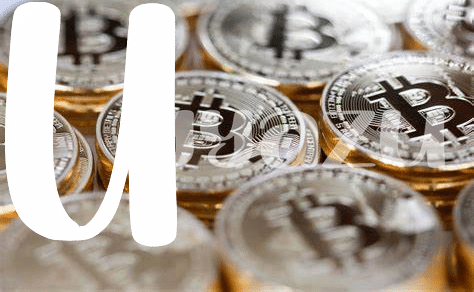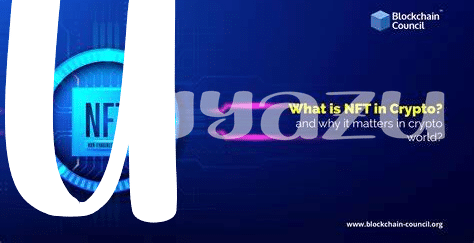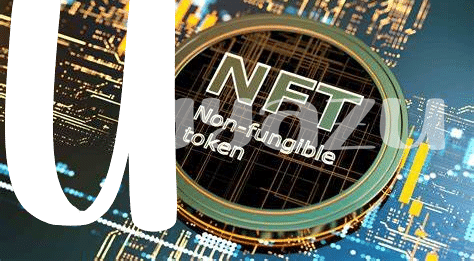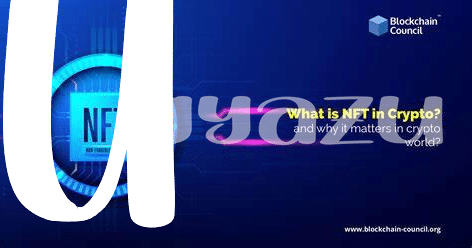🌐 What Are Bitcoin-nft Collaborations Anyway?

Imagine if you combined the digital gold rush of Bitcoin with the unique, collectible nature of NFTs (Non-Fungible Tokens). That’s where Bitcoin-NFT collaborations come in, merging the best of both worlds. Think of Bitcoin as a form of digital money, and NFTs as one-of-a-kind digital trading cards or art pieces. When they join forces, you get a new kind of asset that leverages the stability and widespread acceptance of Bitcoin with the uniqueness and collectibility of NFTs. This fusion creates exciting opportunities for artists, collectors, and investors by introducing a novel way to own and trade digital assets securely. It’s like having a piece of exclusive art or a rare item that not only has the potential to increase in value over time but is also rooted in the pioneering technology of Bitcoin.
| Term | Definition |
|---|---|
| Bitcoin | Digital currency used for secure and instant transfer of value anywhere in the world. |
| NFT (Non-Fungible Token) | A unique digital token, often associated with digital art, collectibles, and assets, used to verify ownership and authenticity. |
| Collaboration | The action of working with someone to produce or create something. |
⚖️ Navigating the Legal Maze of Crypto Innovations
Exploring the world of cryptocurrency and its innovations, like Bitcoin-NFT collaborations, feels like stepping into a complex maze, filled with legal twists and turns. It’s like trying to find your way in a city without a map. Laws that govern these digital assets are still in their infancy, making it hard for creators and investors to navigate the uncertain waters. Every step taken in this digital realm comes with its own set of challenges and legal implications, urging participants to tread carefully.
To better understand the underlying technology of Bitcoin and its open ledger system, which is crucial for navigating these new legal landscapes, you might find this resource helpful: https://wikicrypto.news/navigating-bitcoin-development-a-beginners-guide-to-contributing. It’s important for everyone dabbling in this space to stay informed and prepared. As governments and regulatory bodies try to catch up with the rapid pace of technology, the legal framework surrounding these innovations continues to evolve, posing a challenge for those looking to dive into the world of cryptocurrency and NFTs.
🛡️ Protecting Your Assets: Intellectual Property Considerations

In the fascinating world where Bitcoin meets art-like digital treasure (NFTs), there’s something super important called protecting your creations or, in fancy terms, intellectual property. Imagine you create a stunning digital artwork or a catchy piece of music. You’re thrilled with it and decide to sell it as an NFT, hoping it not only showcases your talent but also brings in some well-deserved rewards. Here’s where things get interesting, though. Just like in the real world where you wouldn’t want someone else claiming your painting or song as their own, in the digital world, you need to make sure your art is protected. This is a bit like putting a magical shield around your work. But navigating this can be a bit like finding your way through a labyrinth, given how new and constantly changing the rules of this game are. Plus, with laws differing all over the globe, it’s crucial to understand how to keep your digital treasures safe, no matter where you or the buyer live. It’s not just about safeguarding your work today, but also about making sure it stays yours tomorrow, next year, and even when we’re talking about these pieces in the history books of digital art and innovation.
💼 Responsibility and Regulation: Who’s in Charge?

When venturing into the realm where the digital art of NFTs meets the financial wizardry of Bitcoin, figuring out who makes the rules can feel like wandering through a labyrinth without a map. In this space, power is dispersed: there are creators who mint these digital treasures, platforms that host them, and then there are the buyers, all swirling in a dance of innovation and investment. But beyond this dynamic trio, regulators step in, trying to ensure that this new frontier is safe for everyone involved. They’re tasked with balancing innovation with protection, making sure the digital gold rush doesn’t lead to digital ghost towns. This means setting up rules that are fair and enforce laws that keep the bad players out. To grasp how this complex system works, and how transparency plays a crucial role, take a peek at the role of public ledgers in bitcoin’s transparency regulatory outlook. It shines a light on how the blockchain, which keeps a public record of all transactions, helps in making sure that everyone plays by the rules. It’s a juggling act, with governments and regulatory bodies worldwide trying to understand and legislate this rapidly evolving ecosystem without stifling its growth. The future beckons with the promise of clearer guidelines and possibly even global standards, as these digital realms continue to evolve and intertwine.
🌍 International Impacts: Laws Across Borders
When talking about the bustling corridors of Bitcoin-NFT collaborations, we venture beyond just one country’s borders. Countries around the globe have their unique takes on these digital innovations. It’s a bit like traveling through different countries, where each one has its own rules for driving. Some places welcome these digital adventurers with open arms, creating a sandbox environment where they can explore and innovate freely. However, others tread carefully, setting up roadblocks and caution signs in the form of stringent regulations.
This diversity in legal landscapes can be puzzling for innovators navigating this global maze. Think of it as trying to piece together a jigsaw puzzle where each country contributes a piece to the overall picture. Assembling this puzzle requires a keen understanding of not just the local laws, but also how they mesh or clash with those from other regions. The table below gives a glimpse into how varied these legal frameworks can be:
| Country | Approach to Bitcoin-NFT collaborations |
|---|---|
| USA | Moderately supportive, with a focus on protecting investors |
| UK | Progressive, encourages innovation within a regulated framework |
| China | Restrictive, with a ban on cryptocurrency transactions |
| Germany | Open, recognizes Bitcoin as a legal means of payment |
| South Korea | Regulatory clarity with robust anti-money laundering measures |
This patchwork of regulations showcases how the craze for Bitcoin and NFTs is not just a local phenomenon but a global one, forging new paths that could either push countries towards harmonization or create deeper divides.
🚀 Future Frontiers: Where Laws Might Go Next

As we look ahead, imagining the world of legal landscapes around Bitcoin-NFT collaborations can be as intriguing as it is complex. Picture a future where the laws adapt as quickly as the technologies they seek to govern. The evolution could lead to clear, supportive regulations that foster growth and innovation while providing robust protection for all parties involved. In such a forward-thinking scenario, collaboration between tech and legal experts becomes key, ensuring that the digital and real-world implications of these partnerships are fully understood and ethically managed. This synergy might not only shape the laws around existing crypto assets and intellectual properties but also pave the way for novel types of digital collaborations we haven’t yet imagined. For those keen on contributing to this evolving regulatory outlook, joining a Bitcoin developer community can be a meaningful step. Here, by evaluating bitcoin lending platforms and interest accounts regulatory outlook, enthusiasts and experts alike can share insights, tackle challenges, and influence the direction of future legal frameworks. As the dialogue between technology and law continues, we’ll undoubtedly see boundaries pushed, with international cooperation playing a crucial role in shaping a globally accepted digital frontier.
